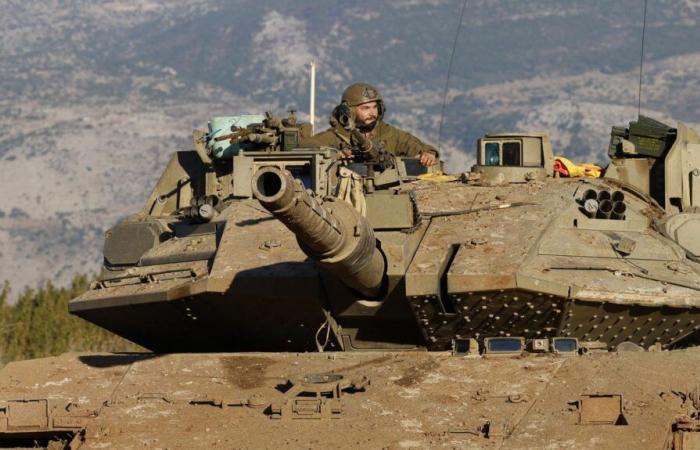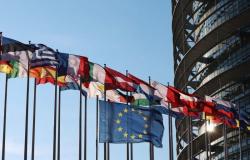A glimmer of hope in the Middle East. A ceasefire between Israel and Hezbollah came into effect early Wednesday, November 27 in Lebanon, after more than a year of cross-border hostilities and two months of open war between the Israeli army and the armed Lebanese movement supported by Iran. This truce, valid for 4 hours (3 hours, Paris time), must interrupt the conflict which has forced tens of thousands of people in Israel and hundreds of thousands of others in Lebanon to flee their homes. Follow our live stream.
An uncertain duration. Israeli Prime Minister Benjamin Netanyahu announced that the duration of the ceasefire would depend “about what will happen in Lebanon”. “We maintain complete freedom of military action” in Lebanon, he added: “If Hezbollah violates the agreement and tries to rearm, we will attack.”
“A new beginning” for Lebanon. US President Joe Biden welcomed the ceasefire agreement on Tuesday, “a new beginning” for Lebanon and a “good news” for which the United States and France had been working for weeks. Both countries must ensure that the ceasefire agreement is “implemented in its entirety”, declared Joe Biden and Emmanuel Macron in a joint press release.
Bombings all the way. The announcement of the agreement came after Israel on Tuesday shelled the center of Beirut and its southern suburbs, a stronghold of Hezbollah, like never before. Less than an hour before the agreement came into effect, at least two strikes targeted the southern suburbs of Beirut, shortly after calls to evacuate an area in the center of the Lebanese capital and another in its southern suburbs by the Israeli army.
Nearly 4,000 dead in Lebanon. According to Lebanese authorities, at least 3,823 people have been killed in Lebanon in total since October 2023, most of them in recent weeks. Hostilities there have displaced some 900,000 people, according to the UN. On the Israeli side, 82 soldiers and 47 civilians were killed in 13 months in clashes with Hezbollah, according to the authorities.
Canada






